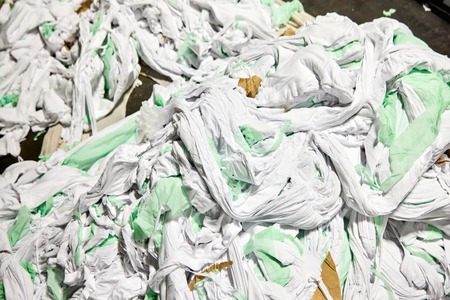Scientists discover bacteria that breaks down PFAS chemicals
YarnsandFibers News Bureau 2024-07-19 16:37:24 – USAAn environmental engineering team from the University of California, Riverside (UCR) has found a type of bacteria that can break down certain PFAS chemicals commonly used in waterproofing outerwear and footwear. PFAS, also known as "forever chemicals," have strong carbon-fluorine bonds that make them hard to break down and have been linked to cancers and other health issues.
Researchers have discovered a potential solution for breaking down PFAS compounds. Bacteria from the genus Acetobacterium, typically found in wastewater environments, can break the carbon-fluorine bonds and dismantle the chemical structures.
"This is the first known bacterium that can perform reductive defluorination of PFAS structures," said Yujie Men, an associate professor at UCR's Bourns College of Engineering. Men emphasized that these bacteria are only effective on unsaturated PFAS compounds, which have double carbon-to-carbon bonds. The research team also identified the specific enzymes within the bacteria that break the carbon-fluoride bonds. This discovery could help bioengineers improve these enzymes to work on other PFAS compounds.
Using bacteria to break down PFAS compounds is both effective and cost-efficient, the research showed. This method involves injecting bacteria into groundwater with nutrients to help them grow, breaking down the compounds before the water reaches wells, rather than treating it industrially afterward.
Market Intelligence
Ask for free sample Report

experience
Customer Base
dedicated team
Countries Served Worldwide









